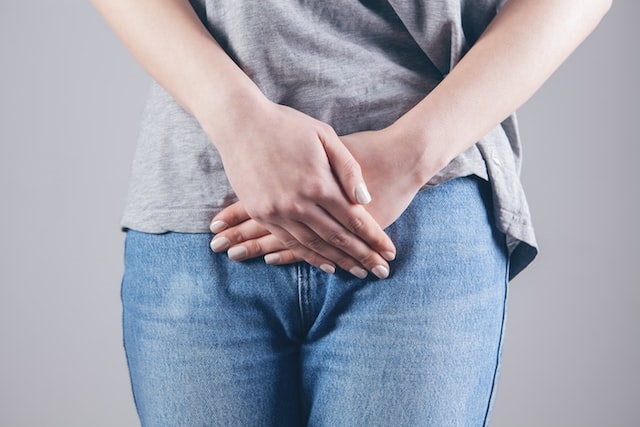There’s no denying that incontinence isn’t an easy condition to live with, especially since it can significantly impact living standards. However, all the misconceptions about the inability to control evacuative defecation or urination functions can compromise the efficacy of its proper management. With that in mind, here are some common incontinence management mistakes that you should avoid.
1. Accepting the condition as normal
Some people believe incontinence to be a condition that’s inevitable, especially when getting older or having kids. The reality is that this couldn’t be further from the truth. More often than not, it’s a symptom of underlying problems, such as weakened muscles in the pelvic floor for mothers and older women.
Those who leak urine whenever they cough, laugh, or sneeze is a good indicator that the pelvic floor may not have the strength needed to keep the urine from seeping out, and it’s generally referred to as stress incontinence. However, with proper exercise, it’s possible to strengthen these muscles and improve control over the bladder.
2. Thinking it will disappear on its own
Contrary to what some might think, incontinence is a condition that’s unlikely to resolve itself. Those who suddenly experience an onset of incontinence could be due to UTI or urinary tract infections, which won’t go away without proper treatment. In these cases, it’s best to consult a healthcare provider and take the prescribed antibiotics.
On the other hand, if it’s caused by the previously mentioned weakened pelvic muscles, lifestyle changes and appropriate MoliCare’s products will undoubtedly be necessary to minimise its symptoms and make the condition much more manageable.
3. Not consulting with your physician
While many of incontinence’s causes are generally benign, there are other, more severe conditions that could potentially be causing your leakage. For men, this is usually prostate-related. For both women and men, it could be more serious, like bladder cancer. It’s also possible that the onset of incontinence may be because of specific medications, and in these types of cases, it could be no more than a simple substitution or adjustment.
4. Emptying the bladder before it’s full
Older people tend to get into the habit of emptying their bladders before outings. But as we all know, doing so can train it not to hold more, which can lead to an increased frequency of leakages. Thus, it makes sense to unload only when your bladder is full. It might be a simple practice, but it can make a difference.
5. Limiting fluid intake
It might sound logical to manage conditions like incontinence by limited fluid intake, but it could make it much worse. The reason why is that dehydration can make the urine more concentrated. And this can result in bladder irritation, leading to urges of incontinence. Thus, you must ensure that your body gets enough fluids.
Read More: Mistakes to avoid while Purchasing Men’s Nappies
Conclusion
Incontinence can negatively and significantly affect everyday life. However, it isn’t an impossible situation to overcome. So be sure that you discuss with your physician how you can develop a plan of action to stay in control of your bladder.

